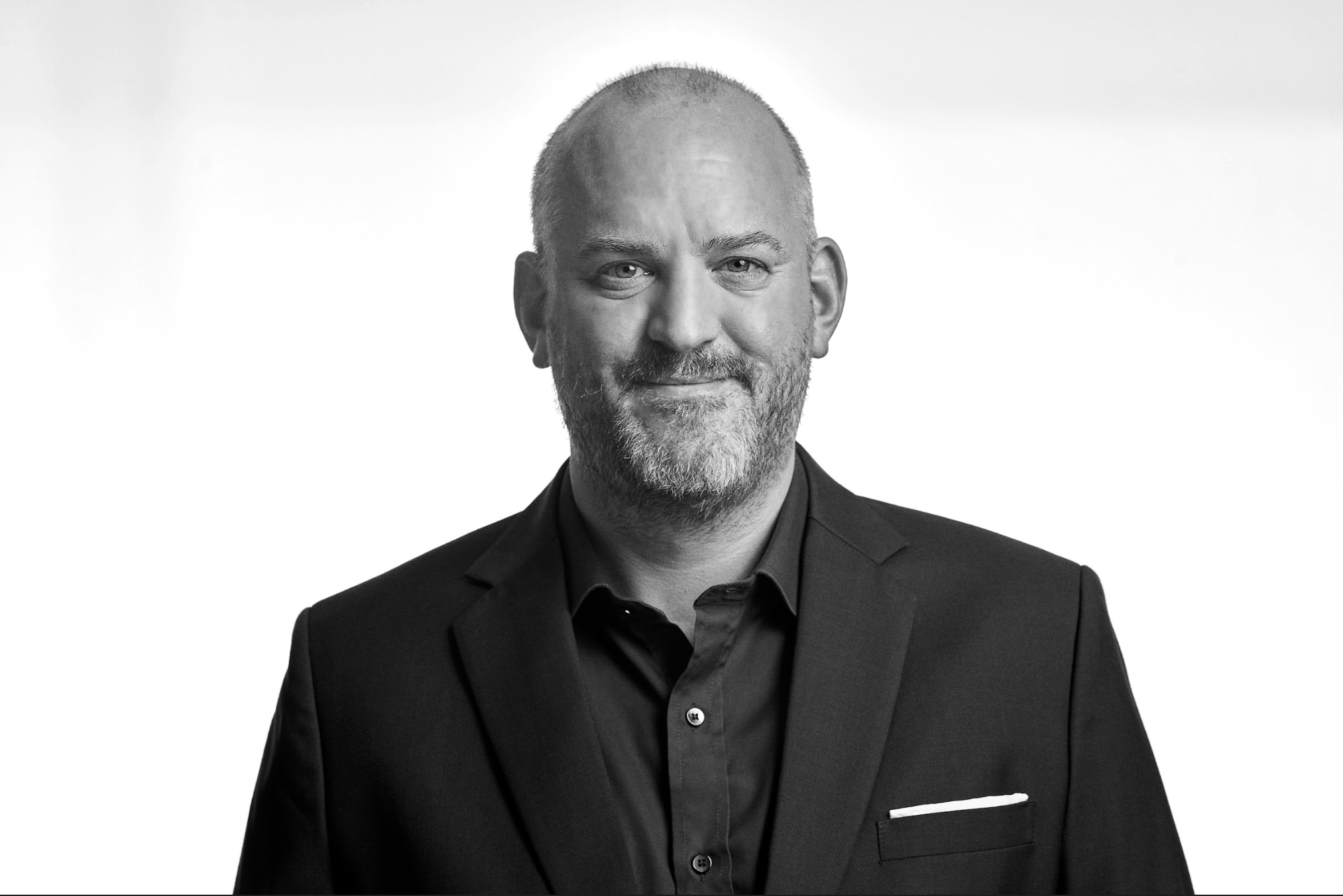
Why a football marketer ditched Adidas to build British eSports brand Excel
Robin McCammon, Adidas’ former director of global sports marketing, has made the move to esports firm Excel, taking up its chief commercial officer role to build the team and carve out new opportunities for sponsors.
This surprise coup for the burgeoning British esports brand reflects a shift in the make-up of contemporary sports fandom and has been further boosted by the additional appointment of Wouter Sleijffers as chief executive from rival firm Fnatic.
The esports group was founded in 2014 by brothers Joel Holmes-Darby and Kieran Holmes-Darb and operates professional teams in video game League of Legends. It participated in the League of Legends World Championships in 2019, which reportedly pulled in 100m viewers and peaked at a total of 44m during the final.
These tournaments are hosted in grand arenas like Madison Square Garden and the Beijing National Stadium. They offer large prize kitties and attract waves of global audiences, first via streaming platforms like Twitch, and increasingly, via linear broadcasters.
But it has bigger potential. Some 2.2bn people play video games globally, and the opportunity is in converting them into esports participants (there are around 454 million right now).
The prevailing theory is that this projected influx of players will need teams to support, which requires sports brand builders like McCammon. We’ve already seen marketing agencies, football clubs and former players including Ronaldo buy and manage teams within League of Legends.
It is a world both familiar and alien to McCammon, who has been at Adidas since 2001, operating much of the apparel giant’s football marketing. He chiefly activated sponsorships of the Uefa Champion’s League, the Fifa Women’s World Cup, Chelsea and Liverpool FC. But now he’s moved from world’s most beloved sports companies for one that is less visible but has the potential to reach football’s heights.
Esports has a lot to prove. As does McCammon, having never directly worked in esports before.
He will “position Excel as a challenger brand with a uniquely British feel” to help distinguish Excel from rivals, particularly in Asia where esports consumption is more established. There’s only one problem: new CEO Sleijffers’ former employer Fnatic is also based in the UK, and may fight for the British crown.
The intent is to build a household name and breach into the mainstream. McCammon was attracted to the job by how fast-acting teams are, particularly when compared with the sluggish football behemoth.
“Esports is ahead of the game when it comes to identifying new opportunities,” he said.
These could be in sponsorship, broadcast, partners streaming, and vitally, identifying what titles to compete in. There’s a whole slew of games to get involved with, be it in Call of Duty, Fifa, Rocket League, Fortnite, Overwatch and more.
There are many playing fields, which can each attract bespoke sponsors. In moving into new games, Excel can position to attract a growing list of non-endemic brands like Dell, Coca-Cola, Gillette, Intel, Audi and Red Bull that are now operating supporting the industry.
Few games have the longevity of League of Legends. New titles launch regularly to attract the attention of fans and build esports communities. Few succeed, and competition is rife. This environment has created a culture of “quick thinking and quick response” in esports said, McCammon. While brands are fast-acting, professionalism and organisation needs to improve.
“We need that structure that we see from the likes of the Premier League teams and Fifa – but even they find it extremely hard to act quickly,” he added.
And finally, there are inherent differences between sports and esports talent. McCammon notes how elite gamers often build audiences and personal brands before securing a team. Many are well practised in influencing before establishing success. Footballers operate in the reverse. As a result, Excel positions its athletes as influencers. Its channels are stocked with guides on how to operate League of Legends characters, strategies and more behind the scenes content.
“In marketing generally, there’s hesitancy from top organisations in using top-level influencers, but in terms of influencing a proven and core community in esports, it is clear they still have an important role to play,” he continued to tell The Drum.
The group’s new chief executive Sleijffers talked to the evolution of esports, noting that it took traditional sports around 60 years to hit current peaks of viewership. Professional gaming did it in around a third of that time. “It is probably the biggest sport you’ve never heard of. It’s not in its infancy anymore, but it is in puberty.”
Part of this “puberty” have been some teething problems, the sport has had its issues with match-fixing, over-hyped viewing figures.
But its storytelling potential is unrivaled he said: “It is not just about the games, but also about the lives of the pro gamers. The ups and downs and the drama. Like sports and music, there is a lot to see beyond the activity itself.”
Excel will face competition from an array of established and incoming rivals. In the coming decade, we’ll learn whether esports stars can become true household names with mass appeal, and it will take marketers like McCammon to catalyse this.
John Clarke, global brand and marcomms officer at Gfinity, previously wrote in The Drum:
“The winners and losers in this industry will be those who have their fingers on the pulse of the consumer and those that don’t. And while in marketing that is nothing new, the challenge is not to approach this industry by looking back at what has happened in the past, or through the rearview mirror. Foresight is needed.”
This article first appeared in TheDrum
